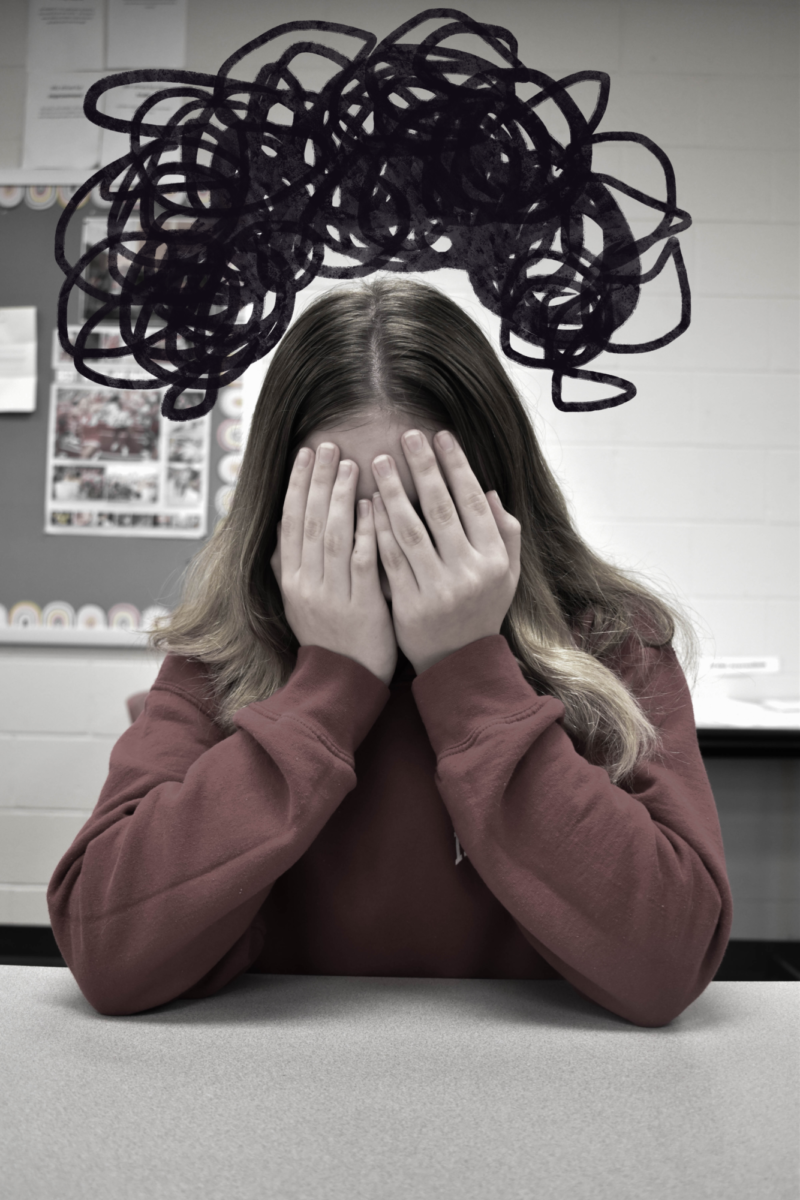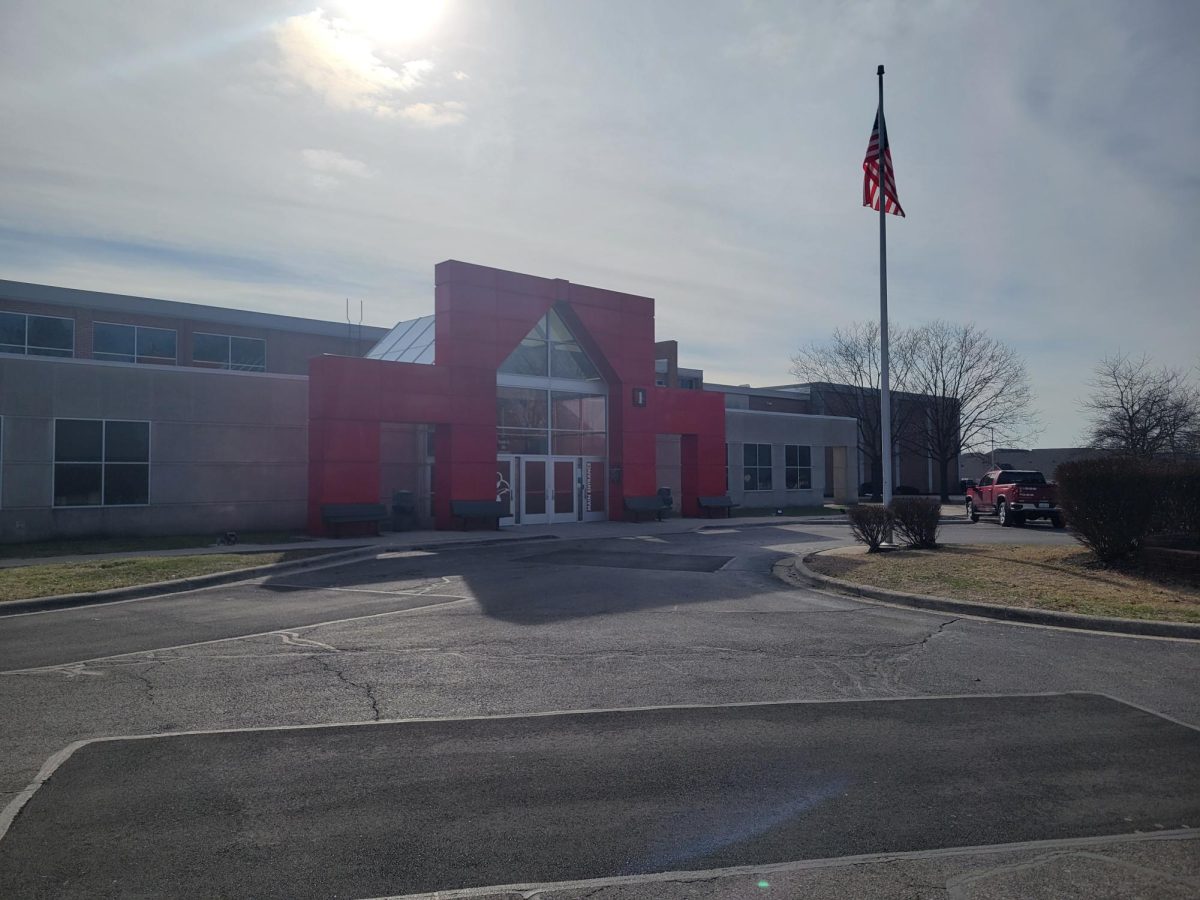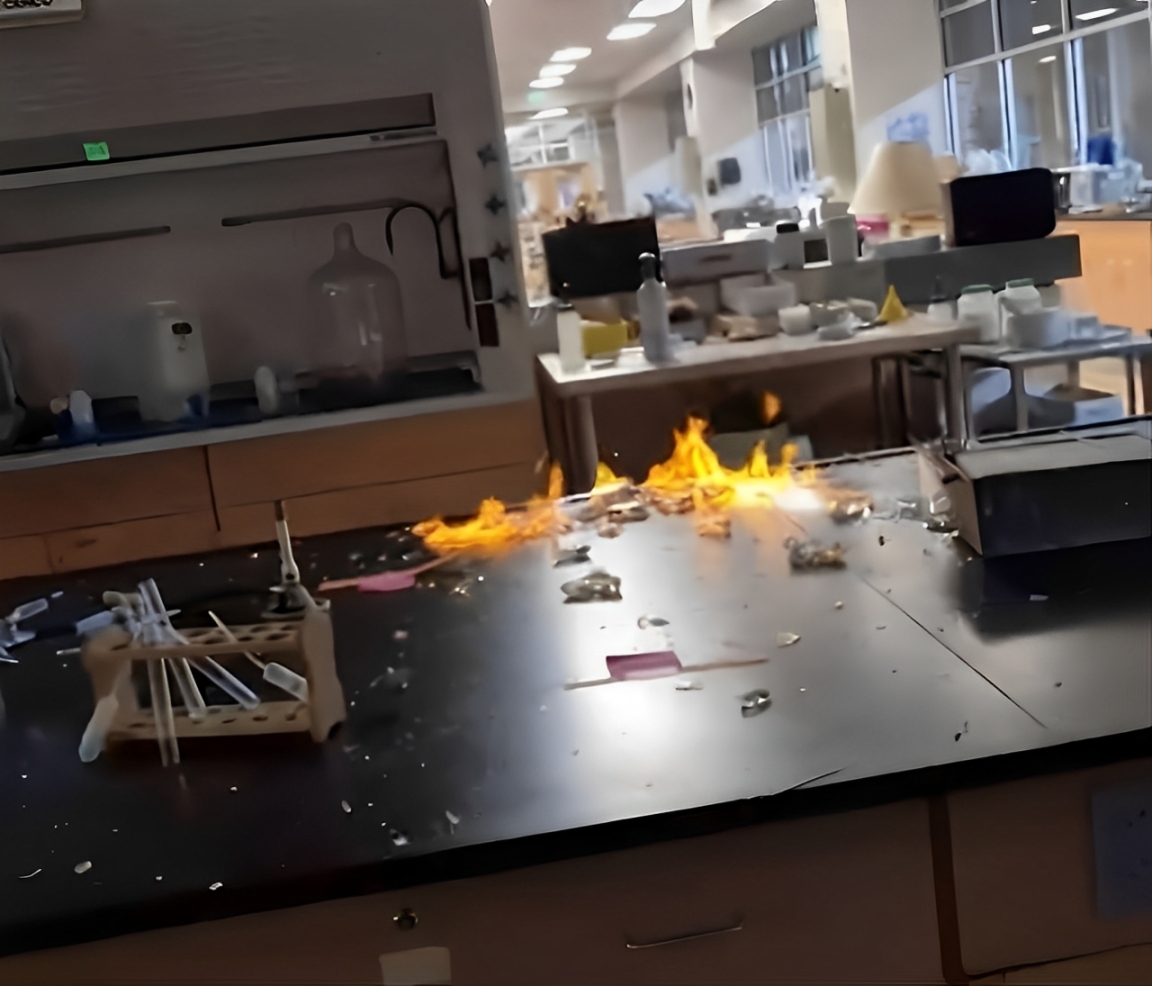Suicide is the second leading cause of death for teens in Indiana.
This statistic does not just affect the lives it takes, it affects everyone. Parents, friends and loved ones all go through the sudden, tragic loss. And studies from the U.S. Department of Health suggests that this tragedy has only grown since the pandemic.
After being forced into virtual learning during the pandemic, many students started noticing a decline in their mental health. The isolation triggered a decrease in motivation and an increase in depression. It affected many SHS students and still lingers with some to this day.
“Mental health has been out the window since the pandemic… and since we’ve come back, it hasn’t been the best,” junior Sydney Rathfon said.
Students are still affected by the lasting mental effects of COVID-19. SHS and Indiana are providing resources for those who are struggling, but is it working?
Back to the beginning

March 12, 2020.
Perry Township had officially joined the wave of school closures. They planned on reopening after spring break, but the township pushed the deadline back. Adding days, then adding weeks, until it was decided that students would not be returning for the rest of the school year.
Since nothing like this had happened before, schools were not prepared to create strictly online assignments. So, they temporarily changed their grading policy.
Students did not take these sudden changes well.
Sophomore Aspen Collins was in 6th grade during these events, but he remembers them like it was yesterday.
After a few weeks of Google Meets and Canvas assignments, he started to notice the effects that it was taking on his mental health. Lack of motivation and depression grasped him and didn’t let go even after the quarantine was lifted.
“Just not being around people,” Collins said, “It really affected me.”
He was not alone in this experience.
Since things have gone back to normal, Rathfon has noticed the mentality change in herself and her peers.
“My personal mental health has been all over the place,” Rathfon said. “It hasn’t been the best. And, I mean school-wise, that hasn’t been the best either.”
Effects
Over the past three years, students say they have noticed a change in the social aspects of school. They say it is harder for them to have basic conversations and confidently participate in class discussions.
Instructional coach Jacob Fritz saw this as well. He also noticed that students started losing interest in school work and started prioritizing the things that they saw as more important.
Usually, he thinks that this mindset is healthy. But in this case, it was putting students behind.
Jobs and colleges usually look at school experience. But when students stop seeing their high school career as important, it takes away their future opportunities.
“Sometimes the things that we prioritize as highly important maybe are not the things that long term are going to help us be successful,” Fritz said.
Since work was not prioritized, it was often not turned in.
Instead, some students started slacking off in class and creating mounds of missing assignments.
“If you talk to the teachers last year, the amount of student apathy that we experienced was higher than any year ever,” Fritz said.
But is this disinterest caused by laziness, or underlying mental health problems?
Reaching out
Because of the pandemic, many students were diagnosed with depression, eating disorders and a vast variety of other conditions.
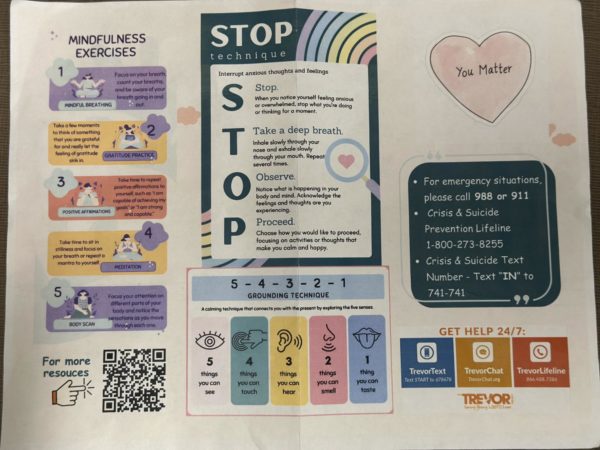
Some students used medications and therapy to help, but others did not have those resources available. SHS started providing ways to help these students in hopes that the kids would see positive results.
They started spreading the word that their offices were available to anyone who needed it, making sure to reach each student who may be struggling.
They also started to offer many individual services to meet each student’s needs. Some of these include Adult and Child sessions and pastoral care.
“We always inform students that our doors are always open,” social worker Ngun Sung said.
But, there are always students who do not speak up and can not be as easily reached.
To help them, counselors will often go class to class and speak about suicide and mental health. They also have started playing videos mandated by the state during iPass, as well as providing out of school resources for their students.
The Indiana Crisis Hotline 988 is one of those resources.
This is a number that anyone struggling with a crisis can anonymously text or call. A crisis can look like suicidal thoughts, an addiction or a number of other scenarios.
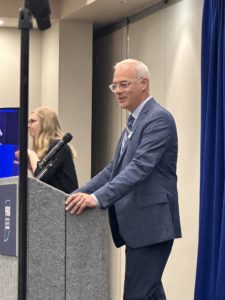
But 988 goes beyond the initial phone call; they make sure to keep lending their help even after the conversation is over.
“Sometimes the care that they need is going to be more than you can provide on the phone,” Family and Social Services Administration Secretary Dr. Dan Rusyniak said.
This flood of resources has been provided to rebound mental health, decrease teen suicide
and help und the lack of motivation caused by the pandemic. But with the depressing statistics, many have wondered if there has been any positive change whatsoever.
There are arguments that the videos played by administration about suicide awareness are useless, since students claim that nobody pays attention to them. But Fritz disagrees.
“But if one kid was (paying attention) and that saved their life, that’s worth it to me,” Fritz said. “That’s one more life we have here that we wouldn’t have otherwise.”Students agree that SHS and Indiana are making efforts into helping students with their mental health, but some think that there are better ways that they can reach kids.
Collins thinks that putting more money into support groups and other facilities would benefit the quality of the programs, therefore helping students even more.
“I think it could be more effective if they put more effort into bringing more awareness to it, rather than just pushing it aside,” Collins said.
While there are many accessible resources outside of school, Sung wants to remind students that there is always a team here at SHS for anyone to talk to.
Nobody has to go through their crisis alone, no matter what it is.
“Reach out to your teachers, reach out to your counselors, reach out to your school social worker so that we will be able to help you guys,” Sung said.


